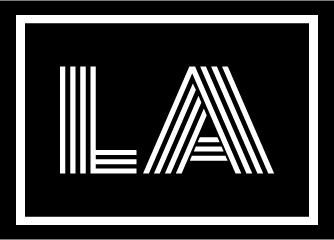In this article, you are going to be aware of what a CDP, CRM and DMP are and help you determine which one best suits your business needs. You’ll also be explained how each works, what type of data they collect about customers and why marketers need to understand how these systems work.
What Do CDPs, CRMs And DMPs Do?
CDPs, or Customer Data Platforms, are used to collect and manage data about your customers. This data can come from anywhere: email campaigns, websites, social media pages, physical stores and more. CRMs use this data to manage relationships with customers across the entire lifecycle of their relationship with you. Finally, DMPs (Data Management Platforms) help advertisers target ads based on information they have about their users — like location and demographic info — so they can serve them relevant content wherever they are online.
Benefits Of These Three
- CDP (contract data processing) is a process that involves selling the data collected from customers, but it doesn’t mean you have to know everything about them.
- CRM (customer relationship management) is a technology that integrates with different systems in order to make sure your customer experience is seamless.
- DMP (data management platform) helps with advertising and marketing by finding out who your target audience is and how to reach them in the most effective way possible.
What Are The Differences Between Them?
CDPs are usually used by marketing and advertising agencies, while brands use CRMs. DMPs are used by publishers.
The main difference between CDP and DMP is that DMPs are used to build personas and audiences, while CRMs are used to manage contact lists.
Cost And Budget
CDPs tend to be free or low cost, while CRMs can be either paid or free. DMPs are usually paid, but it’s important to note that they only come in two forms: self-hosted and cloud-based.
Self-hosted means you have the software on your own servers and pay for hosting costs. Cloud-based means that you don’t need to buy any hardware because the provider handles everything—you just pay monthly fees based on how many users you have accessing your data.
Which One Is Right For You?
When it comes to marketing automation, there are three main options: CDP, CRM and DMP.
Knowing which service is right for you will help you determine what kind of data you need to collect and store in your database. Once that’s done, it’s time to decide how much money you wish to spend on your marketing automation system. According to a software solution provider Adobe Real-Time CDP, “The main difference between a DMP, CDP, and CRM is the primary purpose for which customer data is stored and organized.”
After all that’s done, the hard work begins—you’ll need a team who knows what they’re doing (or at least knows how to learn). These people can help build out your strategy from the ground up and get everything working together like clockwork by using the right tools for each stage of the process.
The most important thing to remember when considering which marketing automation platform is right for your business is that there’s no one-size-fits-all solution. While there are some similarities between CDPs, CRMs and DMPs, each type of software offers different benefits and should be used in different ways depending on your needs and preferences. So before making any big decisions about marketing automation software, make sure you do some research so that you can determine which option will work best for you!

